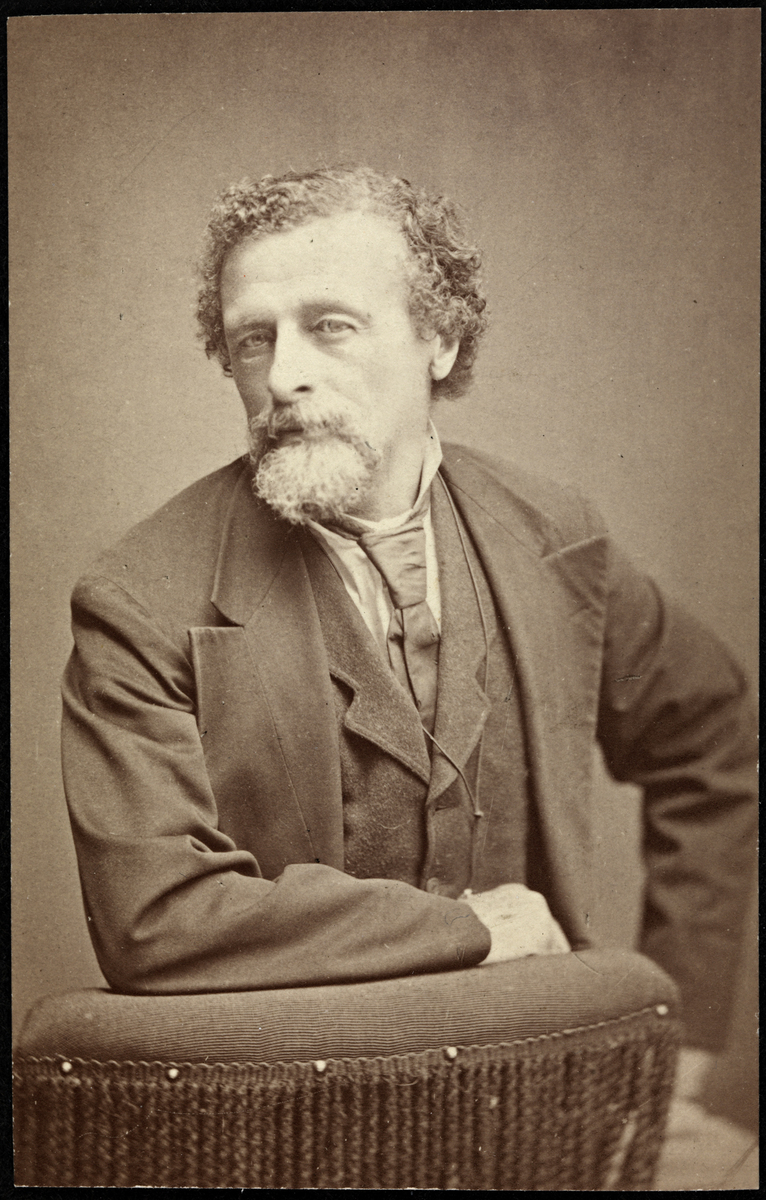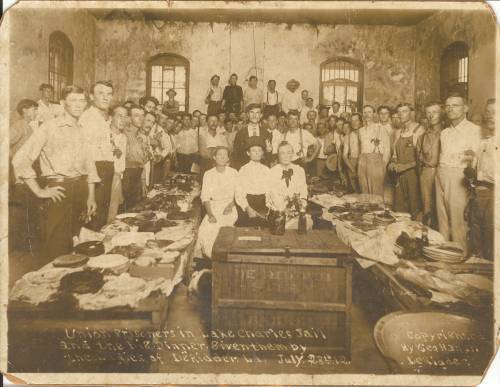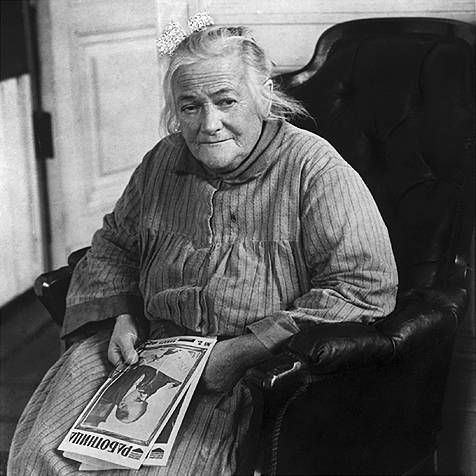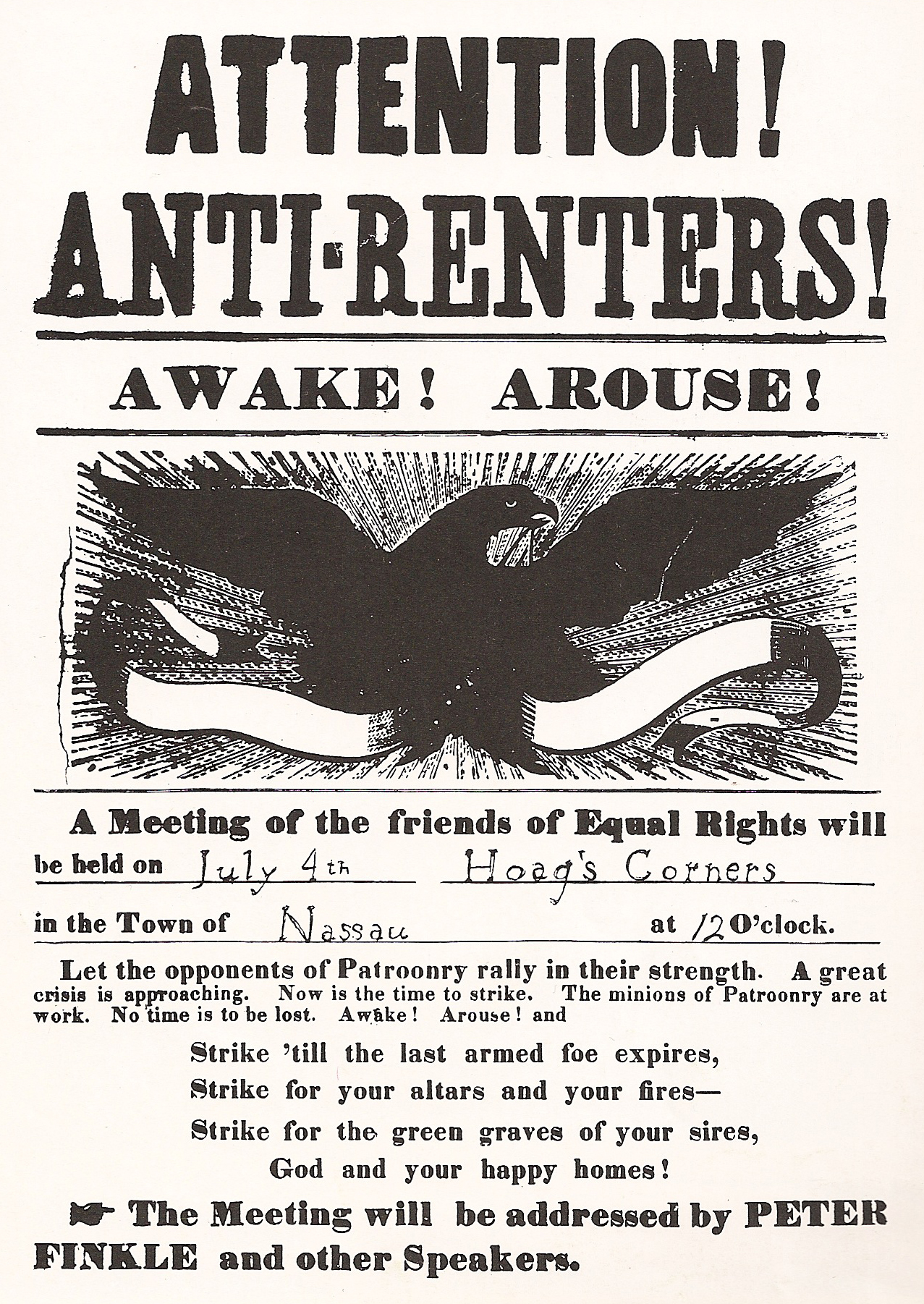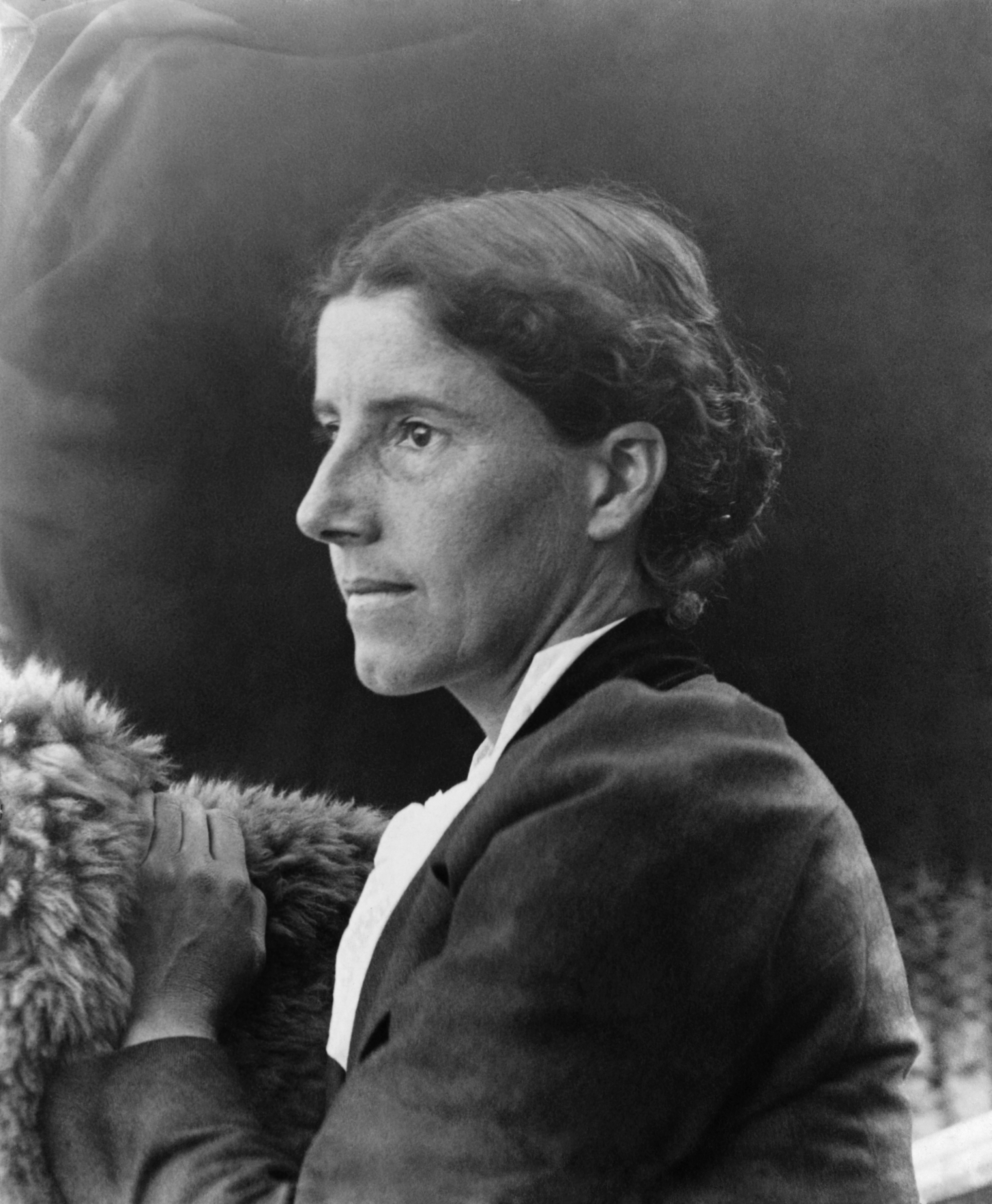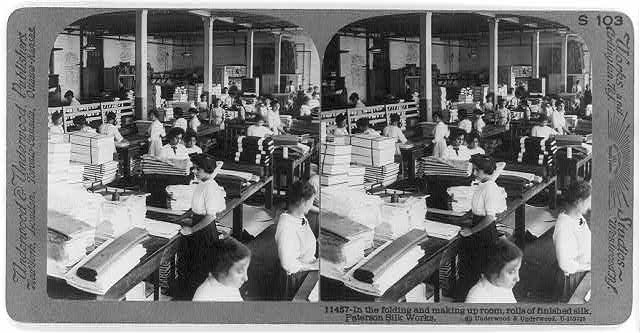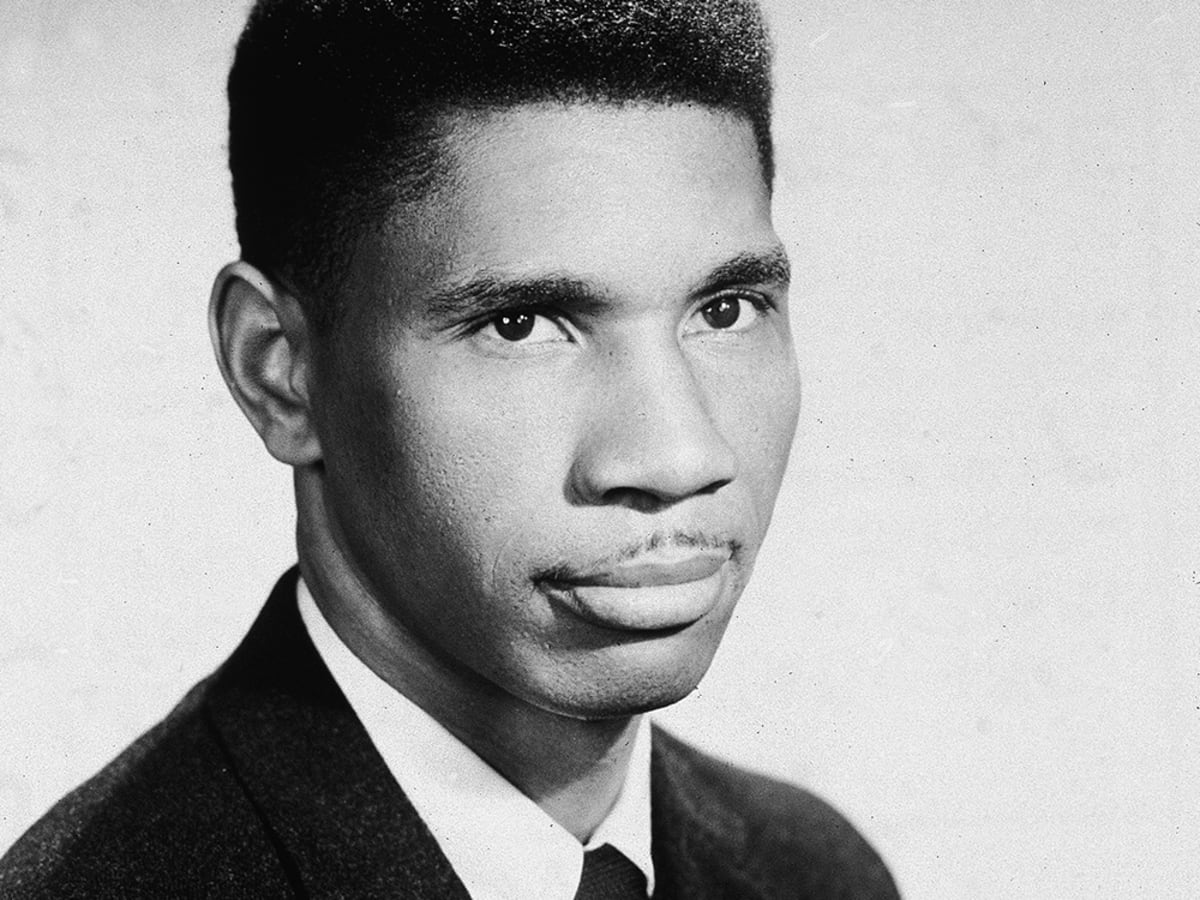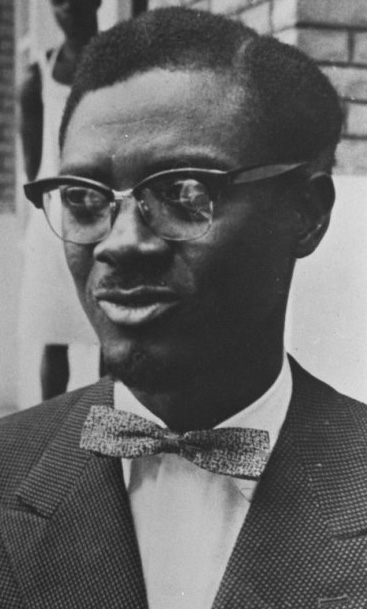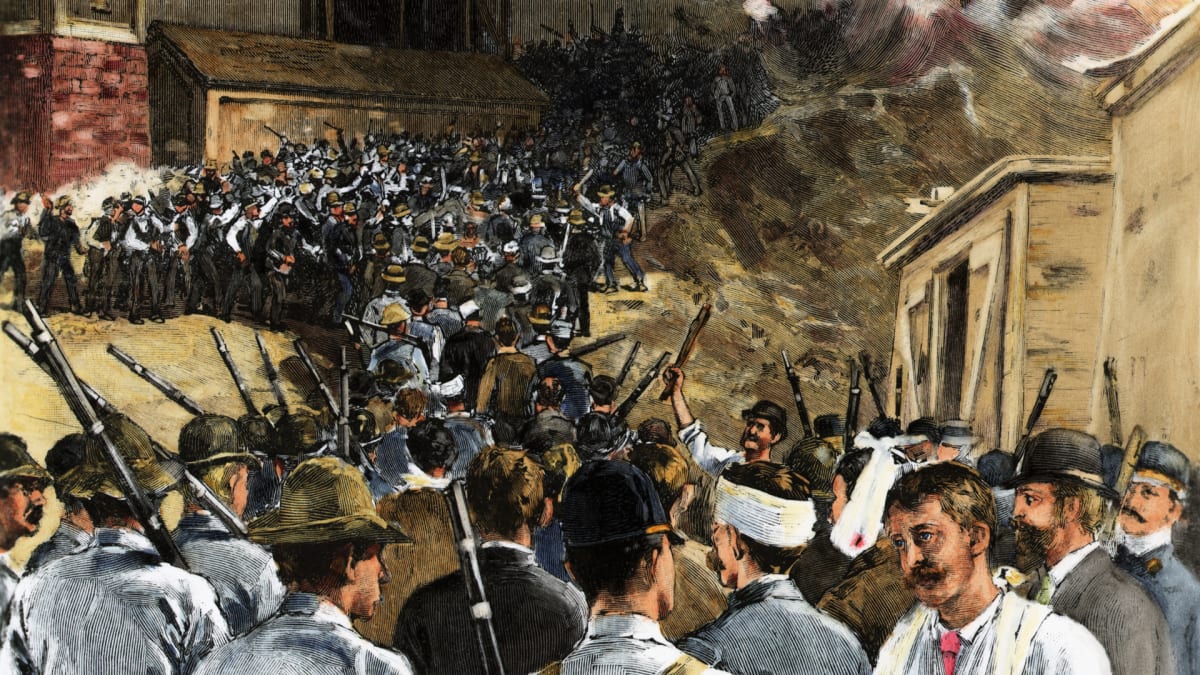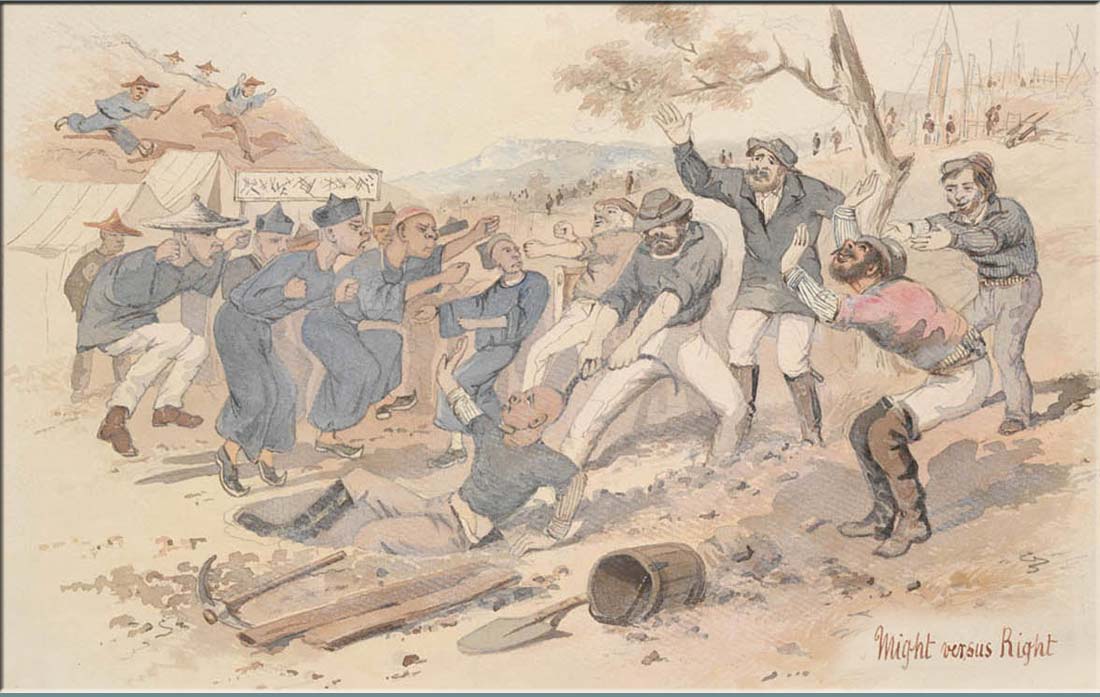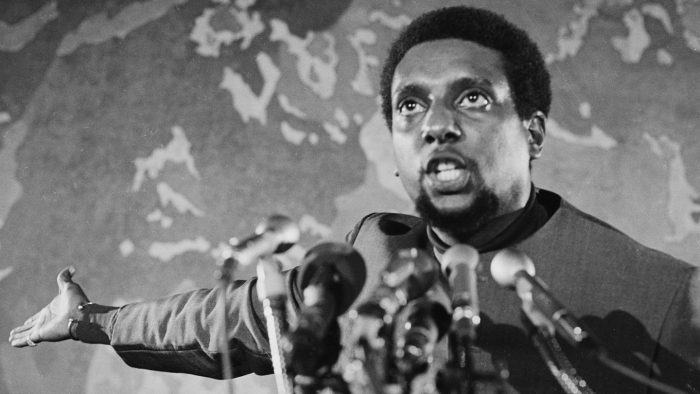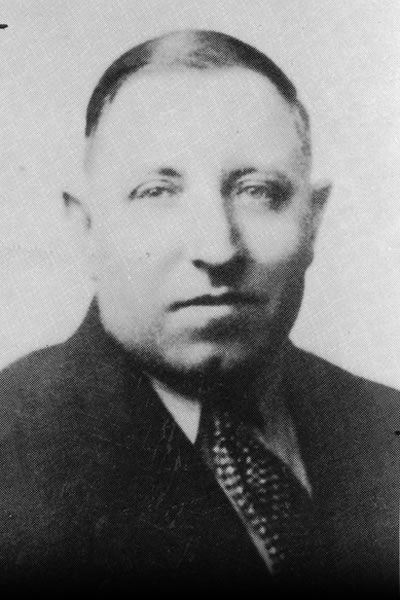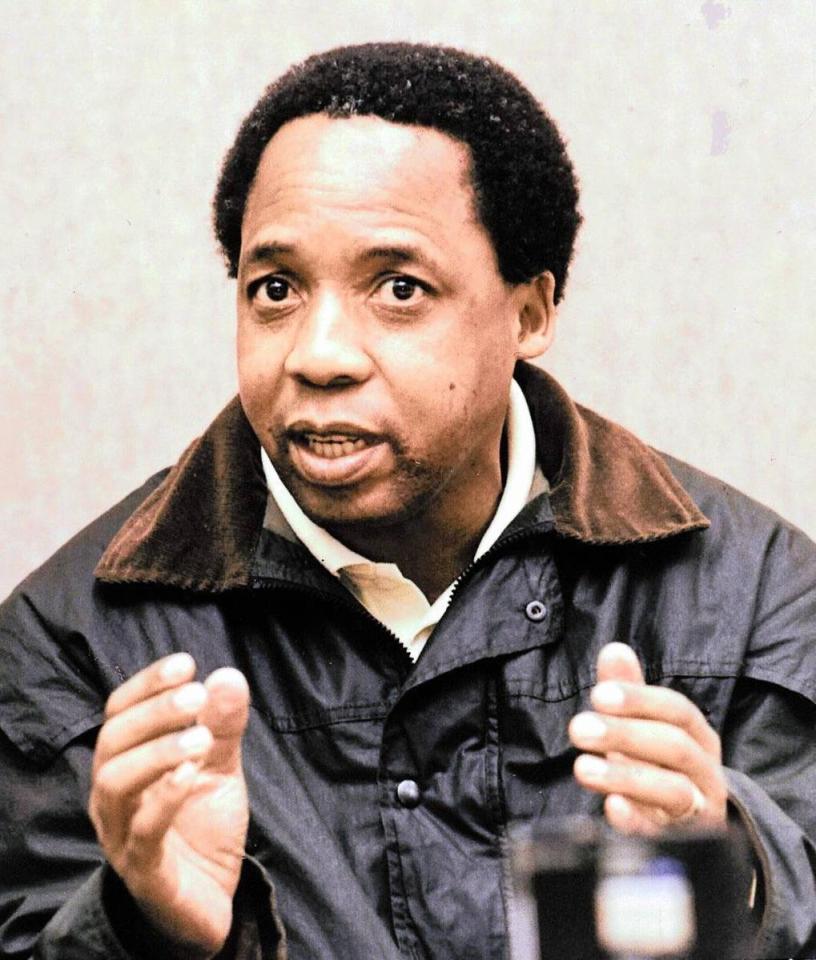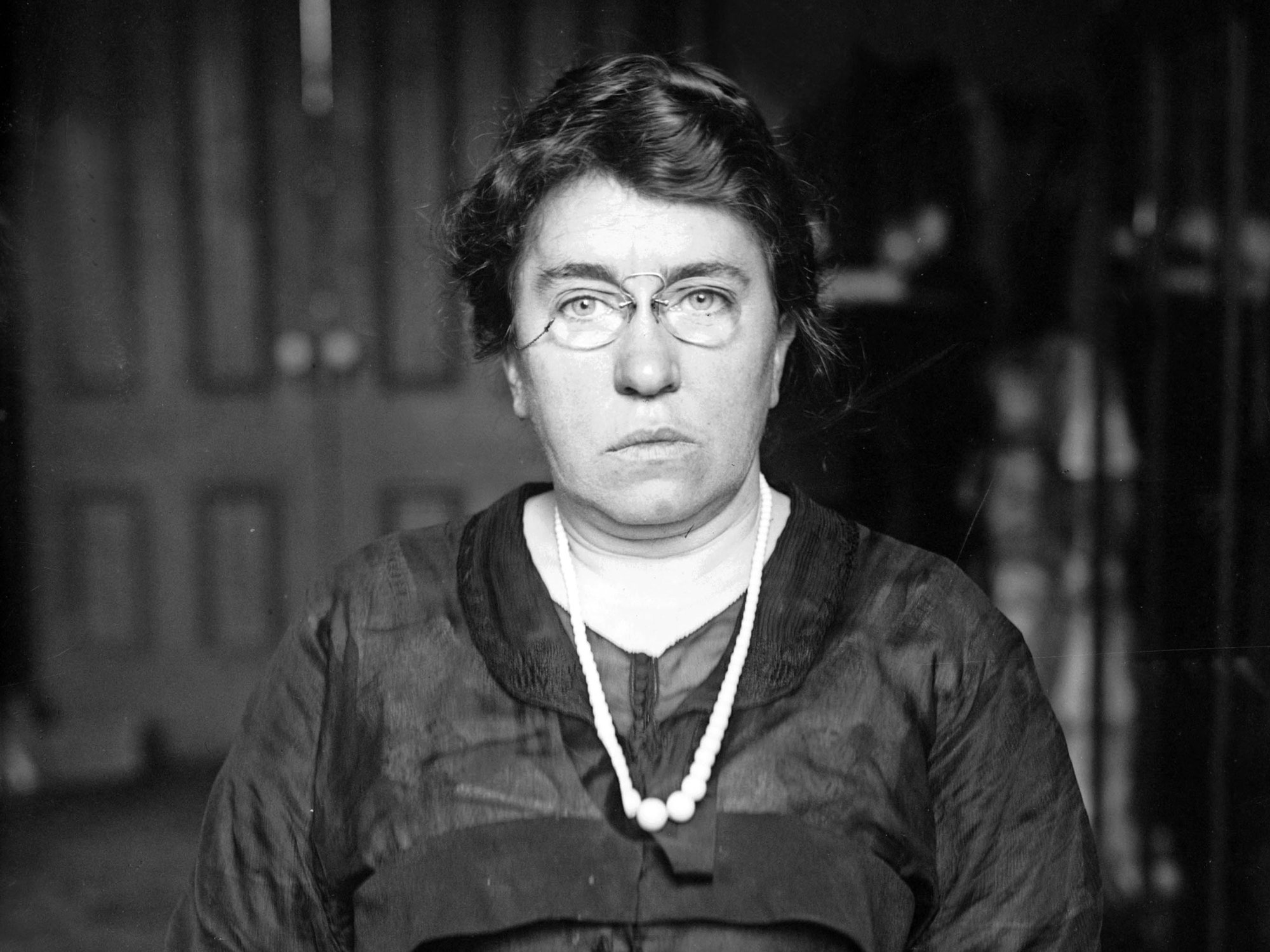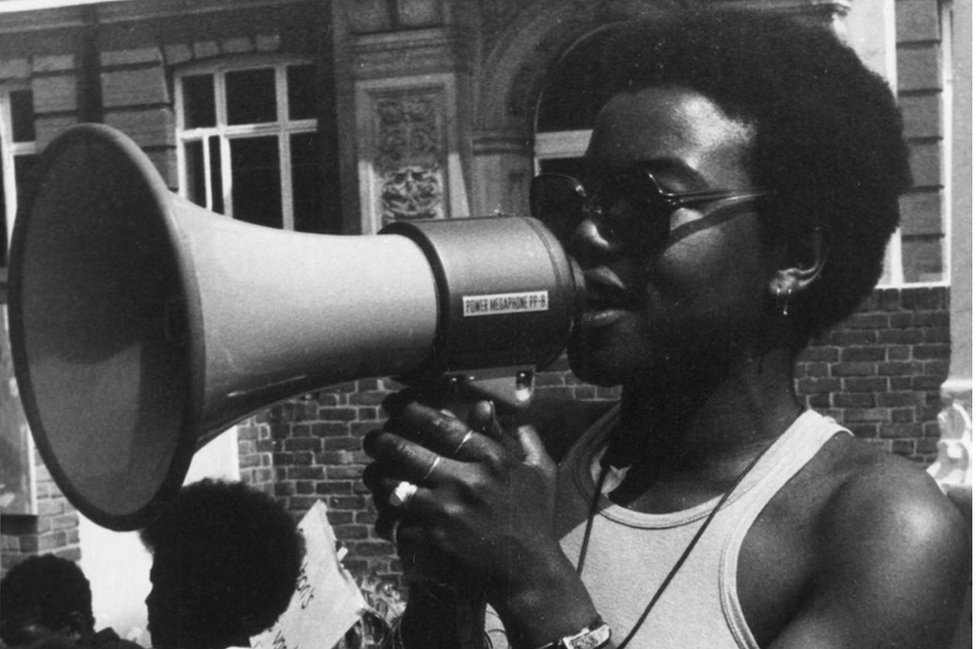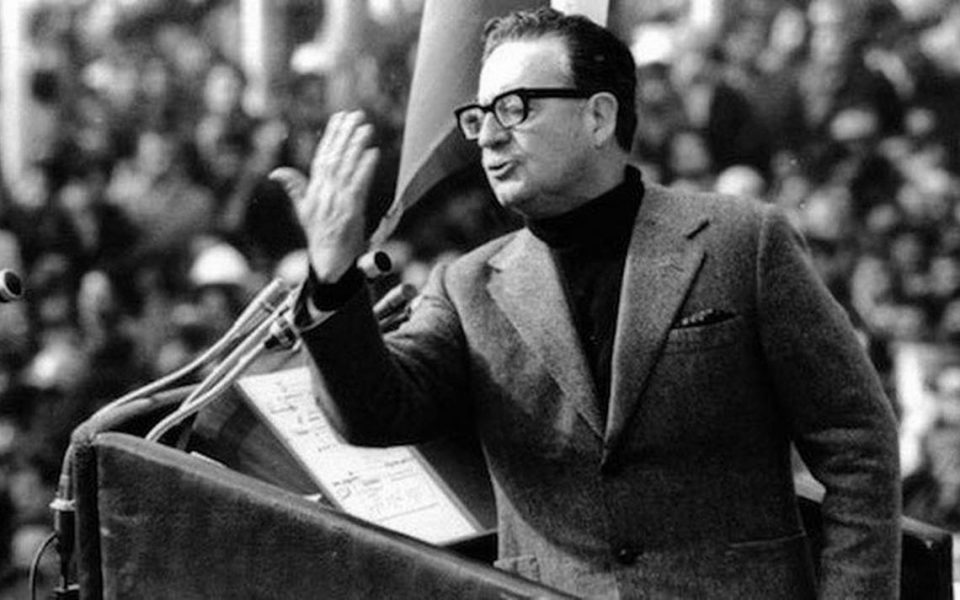Congo Crisis (1960)
Thu Jun 30, 1960
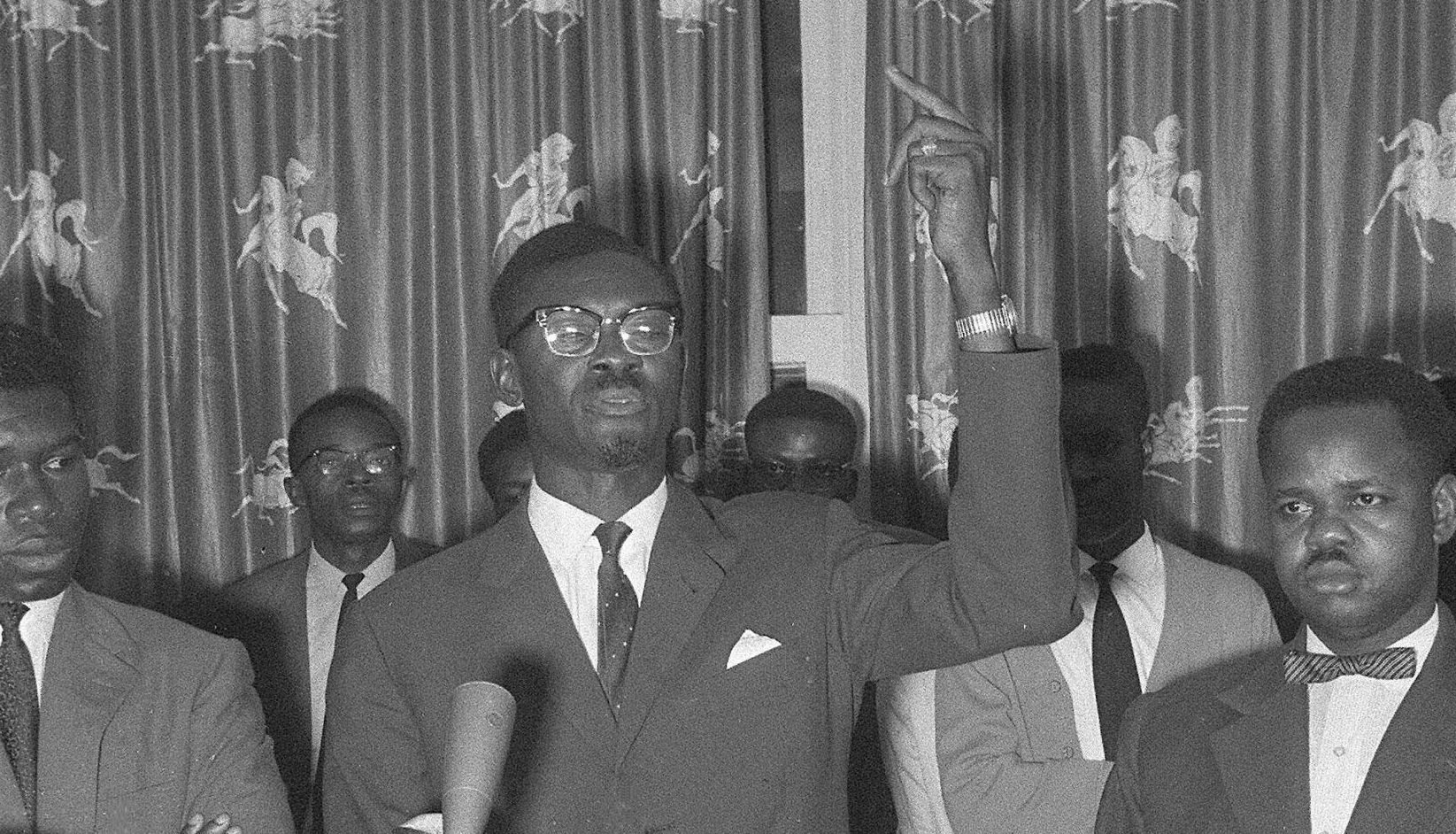
Image: Patrice Lumumba in 1960 [theafricareport.com]
On this day in 1960, the Republic of the Congo became independent from Belgian colonizers, beginning a four year period of civil war which killed approximately 100,000 people, including the country's first Prime Minister, Patrice Lumumba. The complex period of political strife is known as the "Congo Crisis".
The Congo had been colonized by Belgium since the late 19th century, a process initiated by King Leopold II of Belgium, who was frustrated by Belgium's lack of international power and prestige.
A nationalist movement within the Belgian Congo began to gain momentum in the 1950s, consisting of rival factions such as the Mouvement National Congolais (MNC), of which Patrice Lumumba (shown) was a leading figure, and Alliance des Bakongo (ABAKO), led by Joseph Kasa-Vubu.
Following major riots in Stanleyville and Léopoldville in 1959, a Round Table Conference in Brussels was held in January 1960, with leaders from all the major Congolese parties in attendance.
Congolese leaders were successful in negotiating their independence to be granted within months, formally winning their independence from Belgium in late June. Within days, violence between white and black communities broke out, and the country descended into a civil war between rival political factions. Some factions, supported by powerful mining interests, began seceding from the newly founded Republic of Congo.
The United Nations sent in peacekeeping troops, which were initially welcomed by Lumumba and the central government with the idea that the UN would help suppress the secessionist states. Viewing the secessions as an internal political matter, the UN refused to use its troops to assist the central Congolese government against them.
Lumumba also sought the assistance of the U.S. government, led by Dwight D. Eisenhower, who refused to provide meaningful military aid. He then turned to the Soviet Union, which agreed to provide weapons, logistical and material support, which the state promptly used against the secessionists.
Despite Lumumba's public proclamations that he was not a communist, the United States viewed the acceptance of aid with alarm, and Lumumba became a target of Central Intelligence Agency (CIA) surveillance. Lumumba was captured and, on January 17th, 1961, executed by Belgian-assisted forces.
The factional conflict continued in the wake of Lumumba's death, with fighting and intervention coming from Western states, the United Nations, and various political groups inside the Congo.
In 1964, a group known as the Simbas initiated a rebellion based on egalitarian ideals and witchcraft. In November 1964, the Simbas rounded up the remaining white population of Stanleyville, holding them hostage in the Victoria Hotel to use as bargaining tools with the Armée Nationale Congolaise (ANC).
To recover the hostages, Belgian parachute troops were flown to the Congo in American aircraft. More than 70 hostages and 1,000 Congolese civilians were killed in the rescue mission, but the vast majority of hostages were evacuated.
Following chaotic elections in 1964, Joseph-Désiré Mobutu took power in a military coup, assuming sweeping powers and instituting widespread political repression. Mobutu, who had played a key role in Lumumba's execution, ruled until 1997, enjoying support from the United States, France, Belgium, and China.



